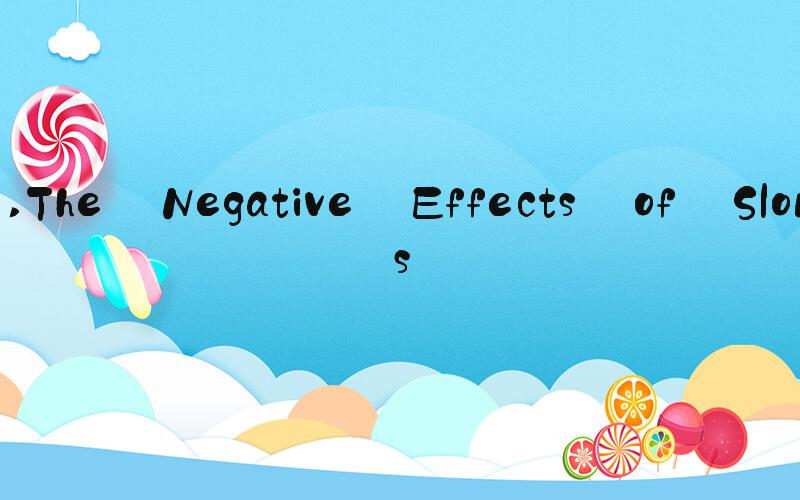AI答案
 Sloppy: The Importance of Taking Responsibility for Ourselves
Sloppy: The Importance of Taking Responsibility for OurselvesSloppy behavior refers to a lack of attention to detail and carelessness. It can be seen in various aspects of our lives, including our personal hygiene, work habits, and relationships. Sloppiness not only affects ourselves but can also have consequences for those around us. In this article, we will explore the importance of taking responsibility for ourselves and avoiding sloppy behavior.
The Negative Effects of SloppinessSloppiness can have negative effects on our lives in numerous ways. For example, a lack of attention to detail in our work can result in mistakes, missed deadlines, and damaged relationships with colleagues and clients. Sloppy habits in our personal lives can lead to poor health, disorganization, and stress. Sloppiness in our relationships can cause misunderstandings and hurt feelings.
Sloppiness can also have indirect consequences, such as when our carelessness results in harm to others. For example, not washing our hands regularly can lead to the spread of germs and illness to those around us. All of these negative effects highlight the importance of taking responsibility for our own actions and behavior.
Taking Responsibility for OurselvesTaking responsibility for ourselves means acknowledging the impact our behavior has on ourselves and others and making a conscious effort to improve. This requires self-awareness, motivation, and discipline.
Self-awareness involves recognizing our own habits and patterns and understanding how they affect ourselves and those around us. It requires honest reflection and a willingness to accept criticism or feedback from others. Motivation involves a desire to improve and a commitment to making changes. Discipline involves practicing new habits consistently and overcoming any obstacles or setbacks that may arise.
Practical Steps for Avoiding SloppinessThere are several practical steps we can take to avoid sloppiness in our daily lives. One of the most important is to develop good habits and routines. This can include setting aside time each day for personal hygiene, prioritizing tasks and deadlines, and being mindful of the impact our behavior has on others.
We can also seek feedback from others and be open to constructive criticism. This can help us identify areas where we need to improve and make adjustments to our behavior. Additionally, we can practice mindfulness and focus on being present in the moment, rather than letting our minds wander or getting distracted by our surroundings.
ConclusionSloppiness may seem like a minor issue, but it can have significant impacts on our lives and the lives of those around us. Taking responsibility for ourselves means acknowledging the impact our behavior has on others and making a conscious effort to improve. By developing good habits and routines, seeking feedback from others, and practicing mindfulness, we can avoid sloppiness and create a better future for ourselves and those around us.
